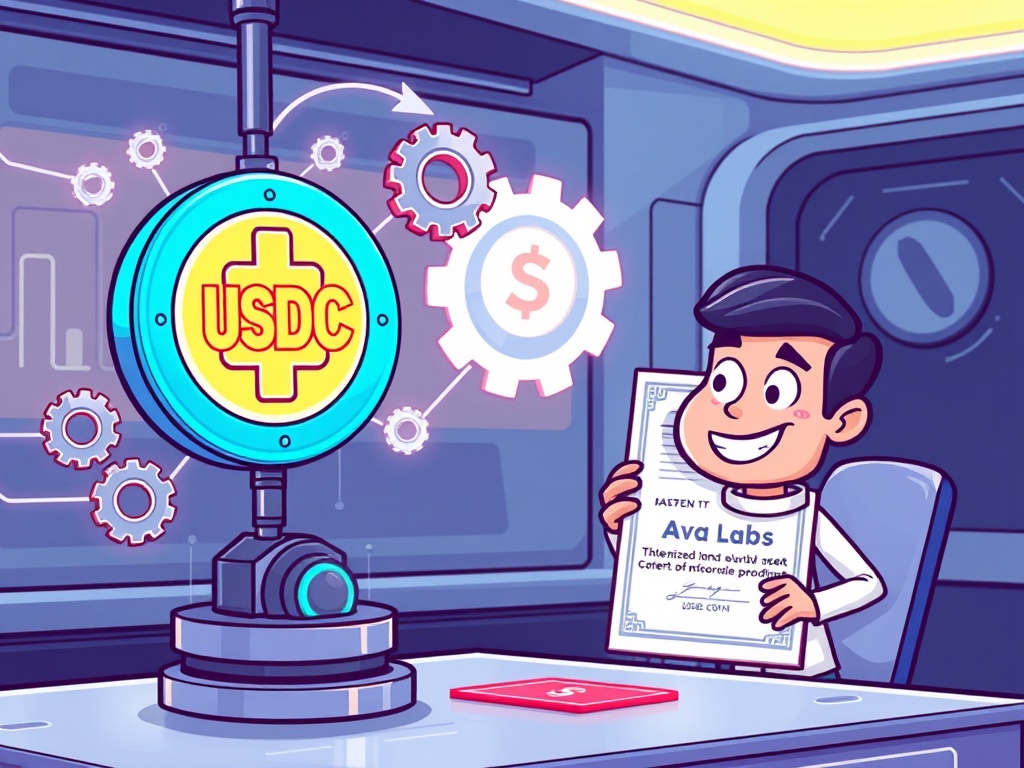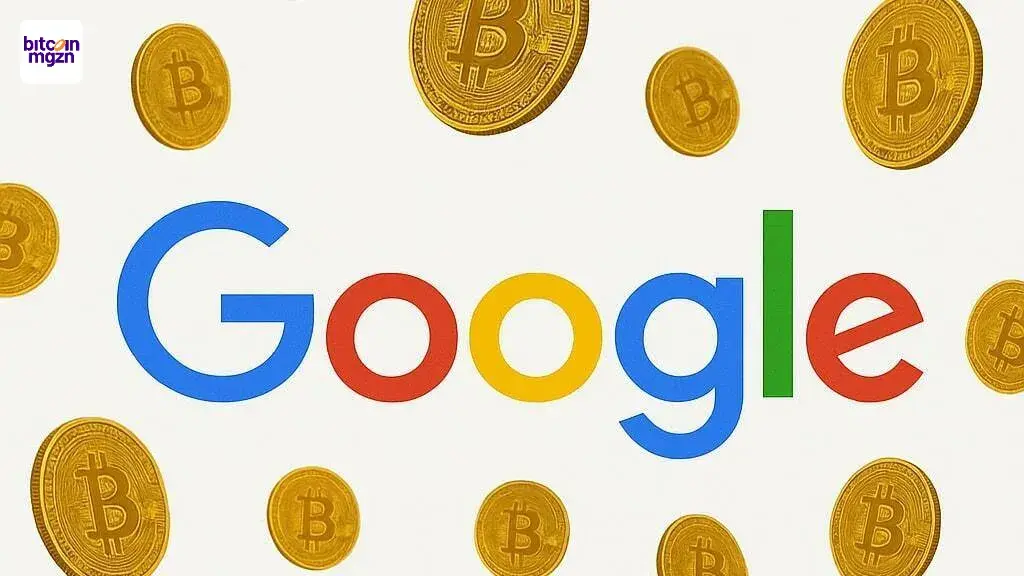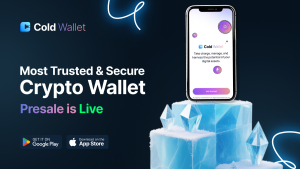Revolutionary: Ava Labs Unveils Horizon for Secure RWA-Backed Loans
BitcoinWorld
Revolutionary: Ava Labs Unveils Horizon for Secure RWA-Backed Loans
A groundbreaking development is reshaping the intersection of traditional finance and decentralized finance (DeFi). Ava Labs, the innovative developer behind the high-performance Avalanche (AVAX) blockchain, has officially unveiled Horizon. This cutting-edge platform introduces a novel approach to lending, providing stablecoin loans that are securely collateralized by tokenized real-world assets (RWA). This move, as reported by The Block, marks a significant step towards bridging the gap between conventional financial instruments and the efficiency of blockchain technology, especially in the realm of RWA-backed loans.
What Exactly Are RWA-Backed Loans and Why Do They Matter?
Understanding RWA-backed loans begins with grasping what real-world assets are and how they integrate with blockchain. Simply put, RWAs are tangible or intangible assets that exist in the traditional financial world—think real estate, commodities, or even government bonds. Tokenization transforms these assets into digital tokens on a blockchain, making them programmable, divisible, and easily transferable.
Horizon leverages this concept by allowing institutional borrowers to obtain stablecoin loans, such as USDC, RLUSD, and GHO. These loans are not backed by volatile cryptocurrencies, but by the stability of tokenized U.S. Treasury bonds. This mechanism introduces a new layer of security and predictability to the DeFi lending landscape, making RWA-backed loans an attractive option for sophisticated investors.
How Does Ava Labs’ Horizon Platform Function for RWA-Backed Loans?
Ava Labs designed Horizon specifically for institutional players, ensuring a robust and compliant environment. The platform’s operational flow is straightforward yet powerful:
- Collateralization: Institutional borrowers deposit tokenized U.S. Treasury bonds as collateral. These digital representations of traditional assets are held securely on the blockchain.
- Stablecoin Issuance: In return, Horizon issues leading stablecoins like USDC, RLUSD, and GHO. These stablecoins provide immediate liquidity to the borrowers.
- Institutional Focus: The platform caters exclusively to institutions, ensuring adherence to regulatory standards and managing larger transaction volumes effectively.
This streamlined process facilitates efficient capital deployment and access to liquidity, all while maintaining the integrity of underlying real-world assets. The innovation here lies in the seamless integration of traditional financial stability with blockchain’s inherent advantages, driving the utility of RWA-backed loans.
What Are the Key Benefits of Embracing RWA-Backed Loans?
The introduction of platforms like Horizon brings several compelling advantages to the financial ecosystem. These benefits extend beyond just the borrowers and lenders, potentially reshaping broader market dynamics:
- Enhanced Stability: By collateralizing loans with stable, regulated assets like U.S. Treasury bonds, Horizon significantly reduces the volatility often associated with crypto lending. This stability makes RWA-backed loans more appealing to risk-averse institutions.
- Increased Liquidity: Tokenization unlocks illiquid assets, allowing them to be used as collateral for immediate access to stablecoin liquidity. This can free up capital that would otherwise be tied up.
- Transparency and Efficiency: Blockchain technology provides unparalleled transparency for collateral management and loan terms. Smart contracts automate processes, reducing manual errors and increasing transactional efficiency.
- Bridging TradFi and DeFi: Horizon acts as a crucial bridge, enabling traditional financial institutions to participate in the DeFi space with familiar asset classes, fostering broader adoption and innovation in RWA-backed loans.
Navigating the Future: Challenges and Opportunities for RWA-Backed Loans
While the potential of RWA-backed loans is immense, their widespread adoption also presents certain challenges and exciting opportunities. Understanding these aspects is vital for assessing the long-term impact of platforms like Horizon.
Potential Challenges:
- Regulatory Clarity: The evolving regulatory landscape for tokenized securities and DeFi remains a significant hurdle. Clear guidelines are essential for institutional confidence and scalability.
- Legal Frameworks: Ensuring the legal enforceability of tokenized asset ownership and collateral in various jurisdictions requires robust legal frameworks.
- Oracles and Data Integrity: Reliable and secure oracles are necessary to bring accurate, real-time data from the real world onto the blockchain, especially for asset valuation and liquidation processes.
Exciting Opportunities:
- New Financial Products: Horizon paves the way for a new generation of financial products that blend the best of traditional finance with blockchain’s innovation.
- Broader Institutional Adoption: As more traditional assets are tokenized, more institutions will likely enter the DeFi space, driving massive growth.
- Global Accessibility: Tokenized RWAs can make traditionally exclusive assets accessible to a wider global audience, democratizing investment opportunities.
Ava Labs’ Horizon is not just a platform; it represents a significant leap forward in integrating the stability of traditional assets with the innovation of decentralized finance. By offering secure RWA-backed loans to institutional borrowers, Horizon is setting a new standard for how value is exchanged and leveraged in the digital economy. This pioneering effort by Ava Labs and Avalanche is poised to unlock vast new markets and redefine the future of lending, making finance more efficient, transparent, and accessible for a global audience.
Frequently Asked Questions About Horizon and RWA-Backed Loans
- What is Ava Labs’ Horizon platform?
Horizon is a new platform developed by Ava Labs that facilitates stablecoin loans for institutional borrowers. These loans are uniquely collateralized by tokenized real-world assets (RWAs), such as U.S. Treasury bonds. - Which stablecoins are available on Horizon for RWA-backed loans?
Horizon currently offers stablecoins like USDC, RLUSD, and GHO to institutional borrowers, providing them with reliable liquidity against their tokenized collateral. - What types of assets are used as collateral for RWA-backed loans on Horizon?
The primary collateral used on Horizon includes tokenized U.S. Treasury bonds. This approach links the stability of traditional government securities with the efficiency of blockchain technology. - Who is the target audience for Horizon’s RWA-backed loans?
Horizon is specifically designed to serve institutional borrowers. This focus ensures the platform meets the stringent requirements and compliance needs of large-scale financial entities. - How do RWA-backed loans benefit the DeFi ecosystem?
RWA-backed loans introduce greater stability, transparency, and efficiency to DeFi. They bridge traditional finance with decentralized finance, attracting institutional capital and unlocking new liquidity by tokenizing previously illiquid assets.
Did you find this deep dive into Ava Labs’ Horizon platform and the future of RWA-backed loans insightful? Share this article with your network on social media to spread awareness about this pivotal development in the crypto space! Let’s discuss how this innovation could shape the financial world together.
To learn more about the latest crypto market trends, explore our article on key developments shaping tokenized assets institutional adoption.
This post Revolutionary: Ava Labs Unveils Horizon for Secure RWA-Backed Loans first appeared on BitcoinWorld and is written by Editorial Team
You May Also Like

Google Cloud test eigen blockchain voor betalingen

Cardano (ADA) Price Forecast, Injective’s ETF Buzz, & Cold Wallet’s $6.4M Surge; Top Altcoins For August
